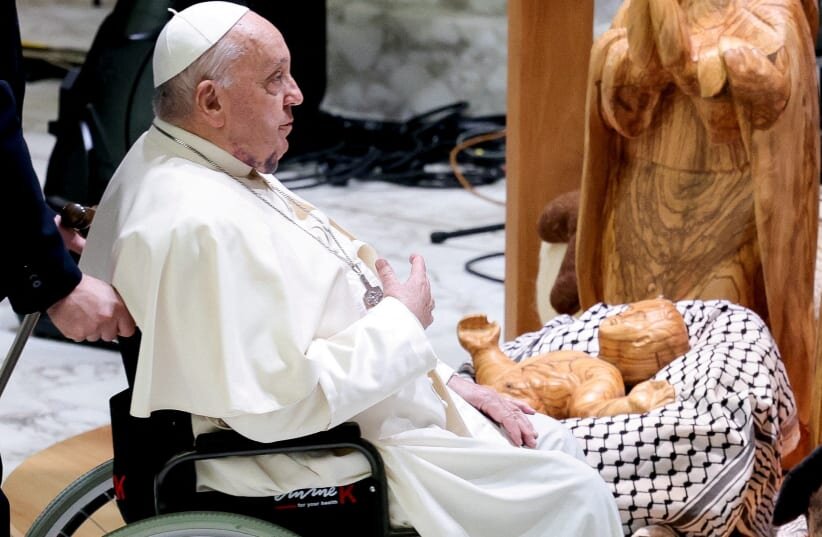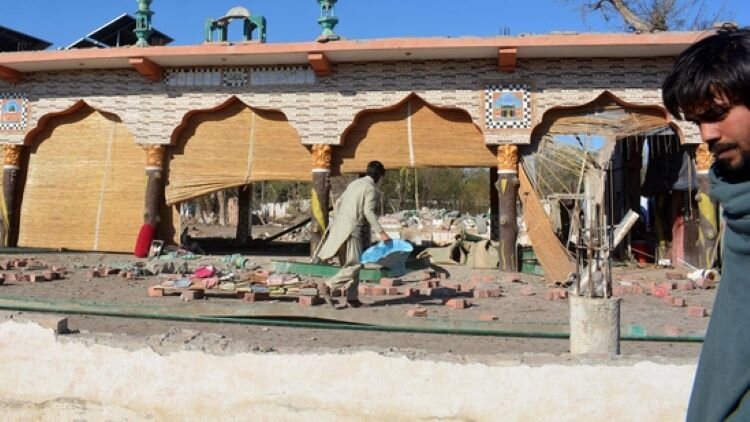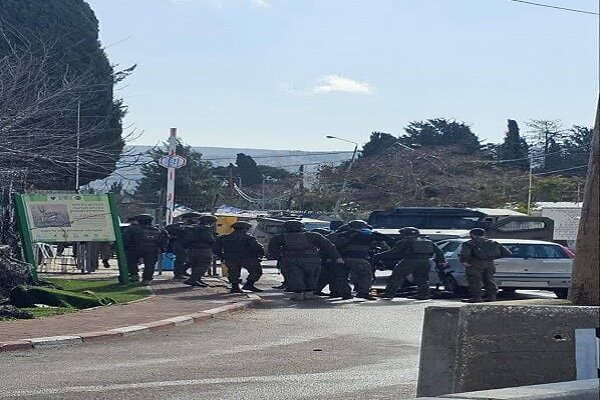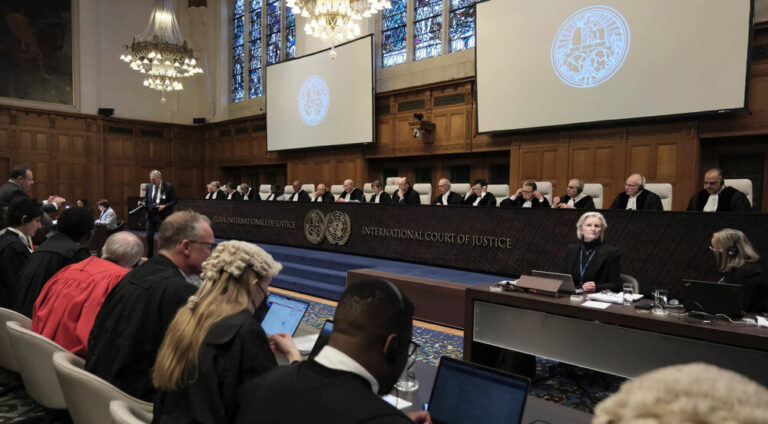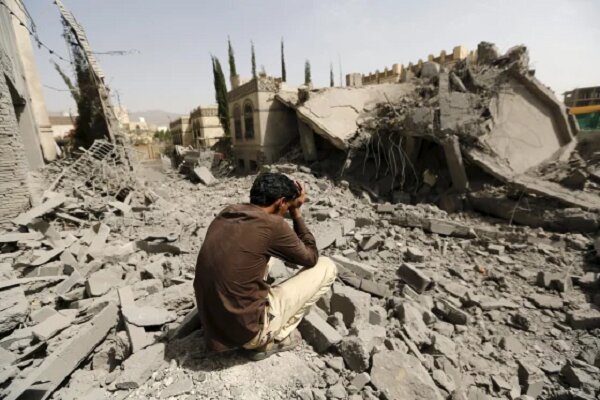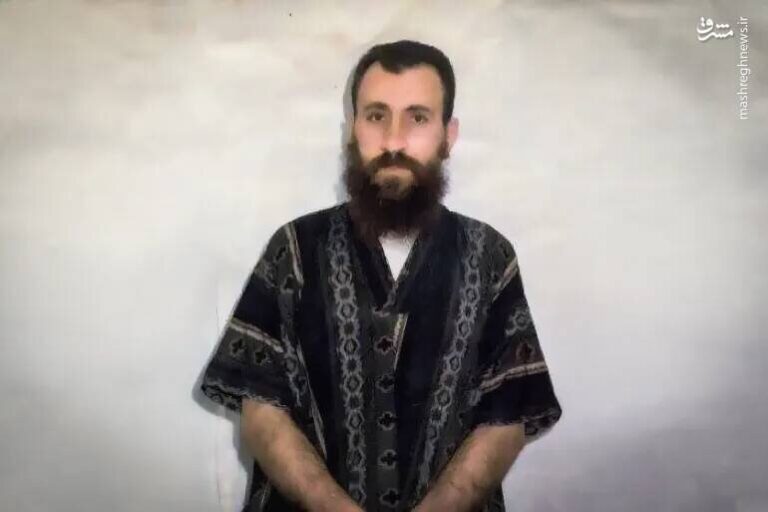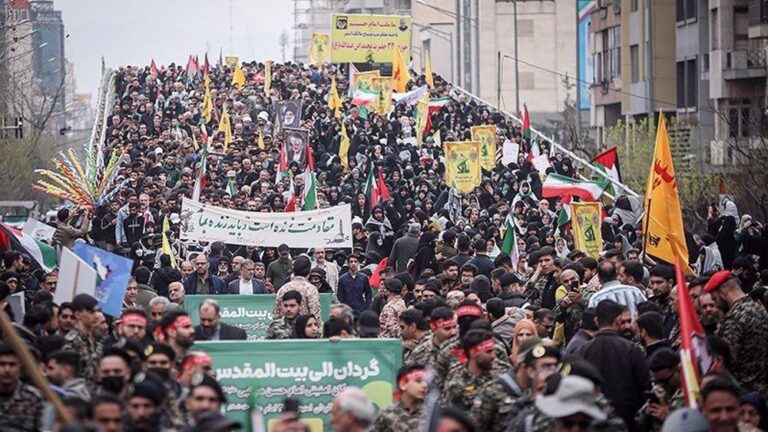Pope Francis Breaks Western Silence on Gaza: Unraveling Vatican Complicity
In recent months, the world has witnessed a significant shift in the Vatican’s approach towards the Palestinian situation, particularly in Gaza. With the passing of Pope Francis on April 21, 2023, many have reflected on his unique stance towards the Palestinian people during a time of escalating conflict. The Pope’s unwavering support for the besieged population and his condemnation of the violence unfolding in Gaza has left a profound impact, especially among those who sought solace in his words amidst the turmoil.
The late Pope was a vocal advocate for the Palestinians, maintaining consistent communication with them and offering prayers and support during Israel’s aggressive military campaigns. As many Western leaders chose to remain silent or complicit, Pope Francis stood out as a solitary voice advocating for peace.
- He regularly communicated with Gaza’s small Christian community.
- Pope Francis condemned the violence, stating, “This is cruelty, this is not war.”
- He expressed concerns about the humanitarian crisis, calling for immediate ceasefires and dialogue.
His final months were characterized by an increasingly critical view of Israel’s actions against the Palestinian people. During a Christmas event in December 2022, the Pope made a poignant statement by displaying a baby Jesus wrapped in a keffiyeh, a symbol of Palestinian identity and struggle. This act resonated deeply with many, emphasizing his solidarity with the oppressed.
Earlier this year, he remarked, “According to some experts, what is happening in Gaza has the characteristics of a genocide,” urging the need for a thorough investigation into the situation. His calls for peace and compassion were consistent, as seen in his remarks following the resumption of heavy bombing in Gaza, where he expressed sadness over the loss of life and called for an end to hostilities.
Historical Context of Vatican Relations with Palestine
The Vatican’s relationship with the Palestinian people has undergone significant transformation over the centuries. Pope Francis represents a stark contrast to historical figures like Pope Urban II, who ignited the First Crusade in 1095, advocating for the conquest of Palestine. Urban II’s rhetoric framed the indigenous Arabic-speaking Christians as victims needing rescue from Muslims, despite their lack of pleas for intervention from the papacy.
In contrast, Pope Francis prioritized the protection of both Palestinian Christians and Muslims, focusing on their plight rather than seeking territorial conquest. This shift in perspective reflects a broader understanding of the complexities surrounding the Israeli-Palestinian conflict.
- The Latin Patriarchate of Jerusalem was re-established under the Ottomans in 1847.
- French missionary efforts increased, aiming to promote Latin Catholicism among Palestinian Christians.
- Papal visits to the region became more frequent, each reflecting changing diplomatic dynamics.
The Vatican’s formal recognition of Israel came in 1993 after the Oslo Accords, marking a diplomatic shift that many viewed as a compromise. Subsequent papal visits, including those by Pope John Paul II and Pope Benedict XVI, illustrated the Vatican’s evolving stance, with both leaders addressing the suffering of Palestinians during times of conflict.
Pope Francis’s Legacy and Impact
Pope Francis’s commitment to addressing the issues faced by Palestinians culminated in a historic visit to the apartheid wall between Bethlehem and Jerusalem in 2014. His unplanned stop at the wall, covered in graffiti likening Bethlehem to the Warsaw Ghetto, captured global attention and ignited strong reactions from both Palestinians and Israelis.
In his final Easter message, the Pope reiterated his concern for Gaza’s inhabitants, drawing attention to the dire humanitarian conditions exacerbated by ongoing conflict. His compassionate stance on the issue of Palestinian suffering was met with mixed reactions, particularly from Israeli officials who publicly distanced themselves from his views.
- Israel’s foreign ministry deleted condolence messages following his death, showcasing their disapproval of his pro-Palestinian stance.
- Despite his vocal opposition to violence, the Pope did not impose sanctions on Israel or alter diplomatic relations.
- Countries like Colombia and Brazil have taken stronger stances against the Israeli occupation, contrasting the Vatican’s restrained approach.
Pope Francis’s death has left a void for many Palestinians who found hope in his compassionate views. However, it also highlights the ongoing complexities of the Israeli-Palestinian conflict and the limitations faced by religious leaders within global political structures.
While the pontiff’s personal convictions and advocacy for peace resonated with many, the institutions supporting the status quo continue to overshadow the plight of the Palestinian people. The legacy of Pope Francis serves as a reminder of the enduring struggle for justice and the need for continued dialogue and solidarity with those facing oppression.
As the world reflects on the impact of his leadership, the call for compassion and understanding remains critical in addressing the ongoing humanitarian crisis in Gaza and fostering a path toward lasting peace.
